Word Count: 1,080
Average Read Time: 3 minutes 56 seconds
DISCLAIMER: This post is not intended to prevent, diagnose, or treat any illness. Consult your doctor for more specific advice in regards to returning to exercise.
There's an unwritten rule of thumb in the fitness industry about working out when you've been unwell. If your issue was above the neck, and now you feel better, you're probably ok to train. This includes things like a sore throat or a cold.
If it was below the neck, like an upper respiratory infection, or a chesty cough, you should give yourself more time and speak to your doctor first.
If you're recovering from something more serious, like flu or COVID, you can expect the impact of being ill to last a while, even after the symptoms have gone, so don't try to return to working out with the same level of intensity as before.
1) Above the Neck
You may have a day or two sniffing for various reasons. You have no other symptoms, and your physical capacity doesn't feel any worse. The common cold might take between one and two weeks before you feel back to normal in more severe cases. For these "above the neck" illnesses, the best advice is to listen to your body.
If some gentle movement like walking or stretching makes you feel better, that's fine. Don't try to push too hard too soon, and don't be surprised if you fatigue more quickly than usual when moving around. This is perfectly normal while your immune system is responding to the demands of healing.
2) Below the Neck
If you've had a "below the neck" illness, like a chest infection, this can take much longer to recover from, and you may spend several weeks or even months feeling weaker than before.
In terms of heart and lung health, you may not feel quite back to normal for much longer. Don't try to push yourself to return to exercise too soon; you can expect the effects of an infection or' flu to last much longer than a simple cold.
3) COVID-19
I dedicate a separate paragraph to COVID because its symptoms range from mild to moderate to severe. Some people may even need hospital treatment to recover.
If you've had COVID, the impact could be felt for months. You could have symptoms stay with you long term, depending on which systems in your body were affected more. Many people report long COVID symptoms, which are also being extensively researched by the medical community.
Even if you don't get extreme fatigue and debilitating lung or heart function problems, you've still experienced a significant event in terms of your body's immune system. It will take time to heal back to full health. If you still have active COVID symptoms, such as palpitations, fever, shortness of breath while at rest, or chest pain, do not exercise at all.
The guidance given in Return To Exercise Guidelines says that "extreme caution" is required around exercise because of the highly individual and unpredictable way the COVID virus impacts people. Don't assume you're safe to train because a set period of time has passed; consult your doctor or cardiologist before returning to exercise. Your health professional may want to assess you for myocardial inflammation.
Do you want to maximize training recovery?
Become an insider and learn my scientifically proven process for training recovery that will help you finally get the body you've always wanted.
Risks of Getting Back to Exercise Too Soon
The risk of exercise after any illness is felt in two main ways:
Overtraining
Overtraining is relative to you, in your current state of health, given all the other stresses your body is experiencing. This stress can be physical, like an illness, but also emotional or circumstantial. Your body makes no distinction between stressors and produces a standard, general stress response regardless of what's causing it.
The fix: Your return to exercise is advised to be gradual.
Under recovering
Under recovering means that you aren't giving your body enough time to recover between workouts, the quality of your nutrition is too low, or that the quality of sleep is inadequate.
The fix: Nutrition and sleep. Consume enough protein so your body can repair your muscles and give your body enough time asleep to conduct the required recovery.
How To Return To Exercise
You'll need to take considerations after having been out with an illness when you want to resume your training schedule. The first is to consult your doctor and ask for their advice on the matter. This applies to any illnesses that had mild to moderate symptoms or caused you to be out of action for over 2 weeks. Still, it may also be beneficial after a seemingly mild infection, especially if it’s COVID.
Once you are cleared for exercise, you still want to go super easy on the first 4-6 weeks to get your body used to intensity and training frequency gradually. The Hospital for Special Surgery (HSS) Sports Medicine Institute in New York City issued guidance in August 2020 on how recreational athletes should return to exercise after recovering from mild to moderate COVID infection.
They recommend using the 50/30/20/10 rule developed by the National Strength and Conditioning Association and Collegiate Strength and Conditioning Coaches Association Joint committee.
Essentially, for your first week, you would reduce the intensity (difficulty of workout) and the frequency (number of sessions per week) of your training load by 50%. Then monitor your recovery, heart rate, and other factors, and if all are ok, on your second week, you go at a 30% reduced rate, on the third at 20%, and on the 4th week 10% less.
If you can complete week 4 with no problems or severe effects on your energy levels, you can go ahead and ease into the routine you were following before becoming ill. If you experience anything out of the ordinary, including extreme fatigue, difficulty recovering from workouts, or any other symptoms, see a physician.
Takeaway
The critical thing to remember is that there is no reason to rush training after recovering from an illness. Your body has just battled with intruders, and it needs some time to recover. Paying attention to your body, how you feel in terms of energy level, soreness, and your "readiness to train" is essential during the first weeks of exercising.
Focusing your effort on adequate recovery, getting the right nutrients, and plenty of sleep will be essential. As important as working out is to your overall health, remember that you're exercising to support good health, among other fitness goals. You can only ever train as hard as you're able to recover, to maintain a sense of balance between exercise and rest.
Thank you so much for reading! If you found this information helpful and want to help the Treadaway Training blogcast grow, simply share this post with a friend. If you like what I have to say, join the Skinny-to-Jacked Society Facebook group or check out my YouTube channel. I will be back here Saturday with another body transformation topic. As always, God bless you AND your family and I'll see you Saturday.




